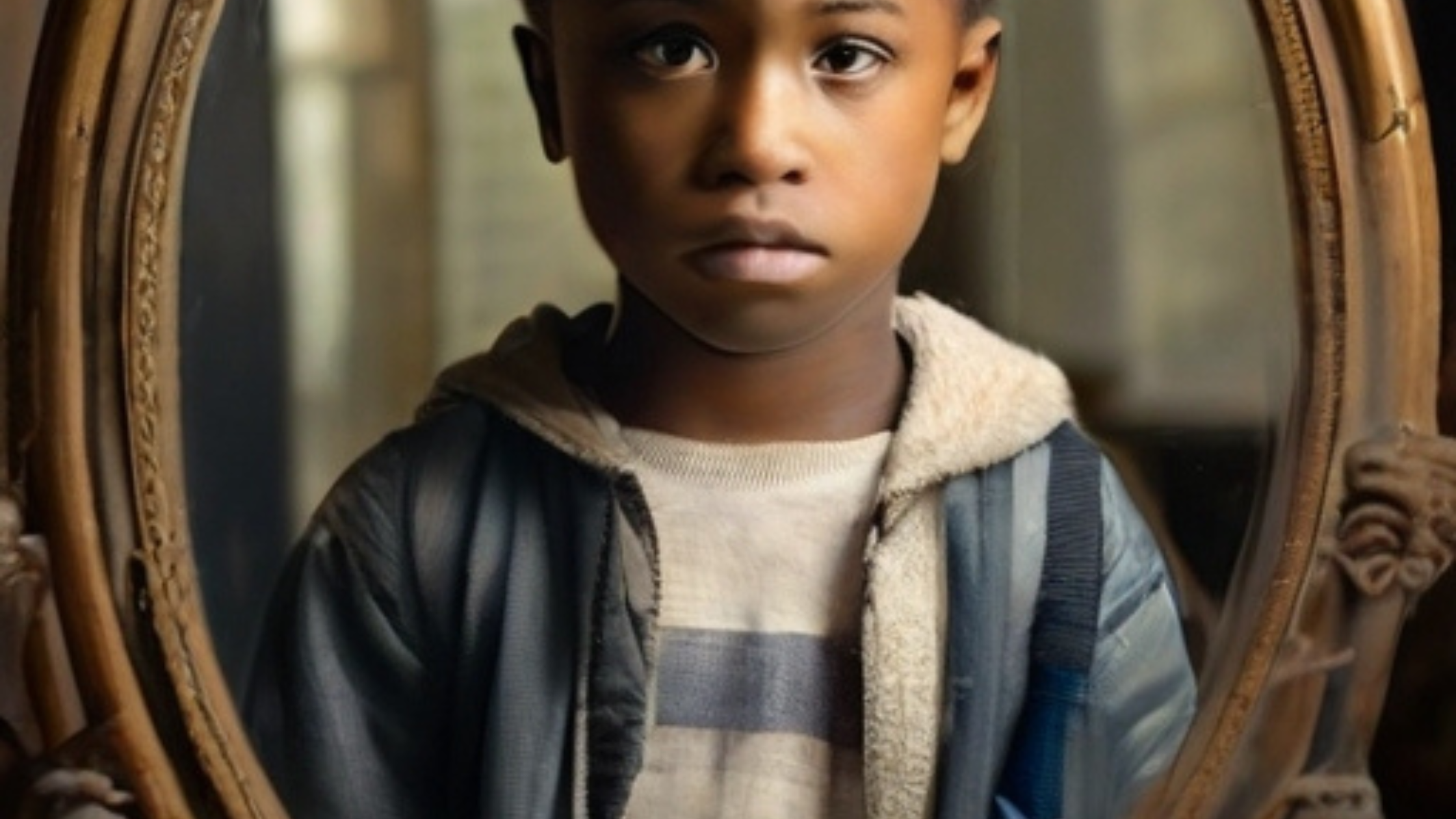“I was just a kid at the recreation center, laughing along with my White boxing coach’s racist jokes—until I realized the punchline was always about me.”
In this raw and reflective piece, I revisit the uncomfortable moments of my childhood, from being the target of ‘Black jokes’ to the quiet alienation that followed. What started as after-school playtime became an early lesson in how casual racism seeps into everyday life, shaping how I saw myself and the world around me.
During elementary school, I would go to the recreation center for after-school playtime. It was there, under the guidance of my White boxing coach and recreational leader, a man in his mid-to-late fifties, that I encountered my first racist joke. His collection often featured derogatory remarks about Black individuals, referencing stereotypes like “big lips” or “nappy hair.”
Fortunately, I had already been exposed to the insightful comedy of Richard Pryor, who fearlessly tackled racial issues in America. Despite my youth, I grasped the context of these jokes. Little did I know, this experience at the recreation center was just the start of feeling marginalized due to my skin color.
I remember being the target of ‘Black jokes’—quips rooted in racial stereotypes, often delivered with a smile or a nudge, as if they were harmless. At first, I laughed along, not wanting to seem sensitive. The jokes were often positioned as humor meant to break the ice, but they frequently cut deeper. The casualness with which peers made these remarks fostered a sense of alienation. I realized that my willingness to laugh was sometimes misread as permission, leaving me to endure comments that made me feel reduced to a caricature.
Takeaway:
Racism doesn’t always arrive with malice. It can slip in through a joke, a smile, or a casual remark. My childhood experience at the recreation center taught me that laughter can sometimes be a mask for discomfort. It also revealed how easily marginalized voices are expected to tolerate and even participate in their own dehumanization. This reflection is a reminder that we must be mindful of the words we normalize and the impact they leave behind.



 using WordPress and
using WordPress and
No responses yet